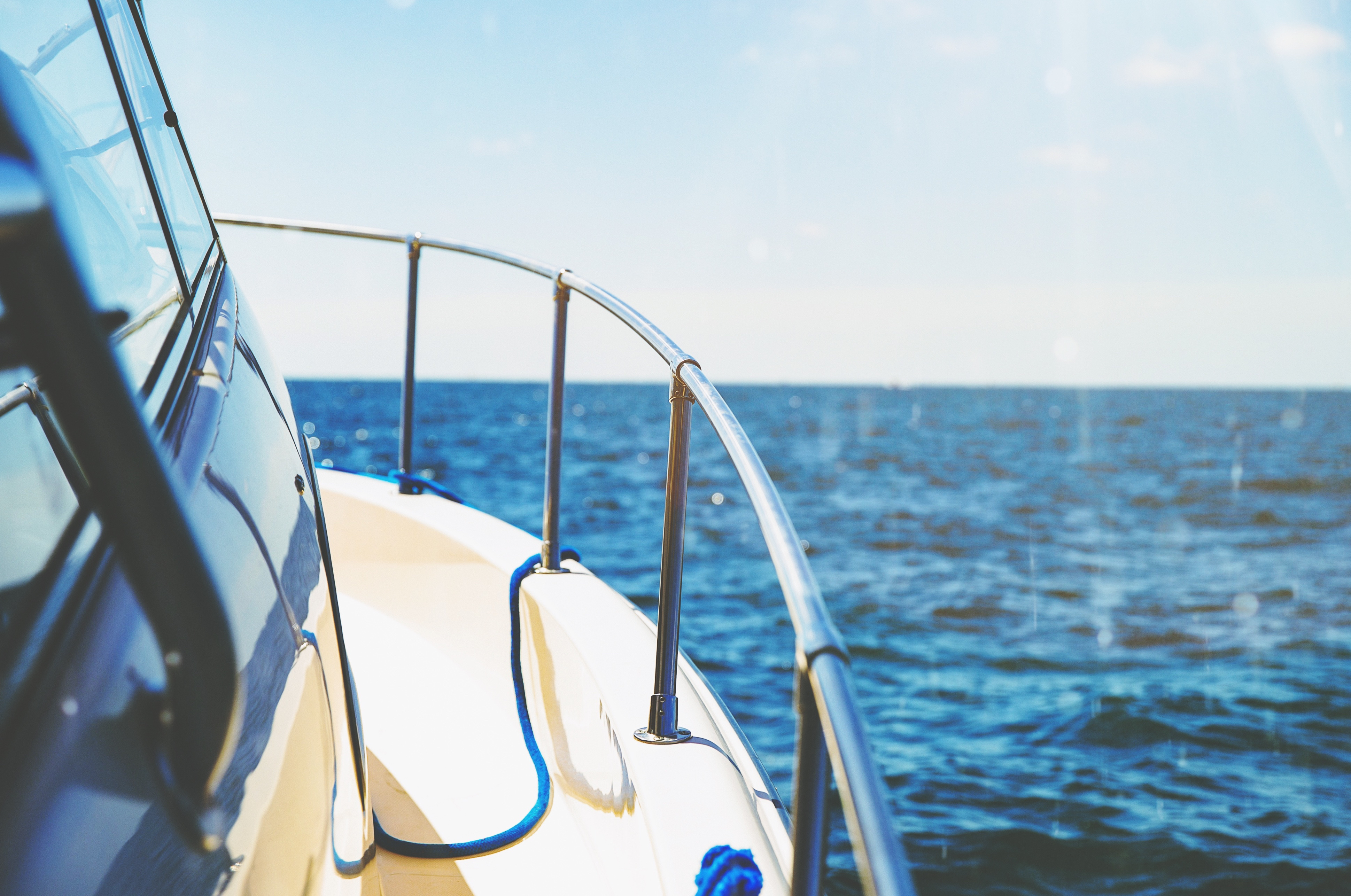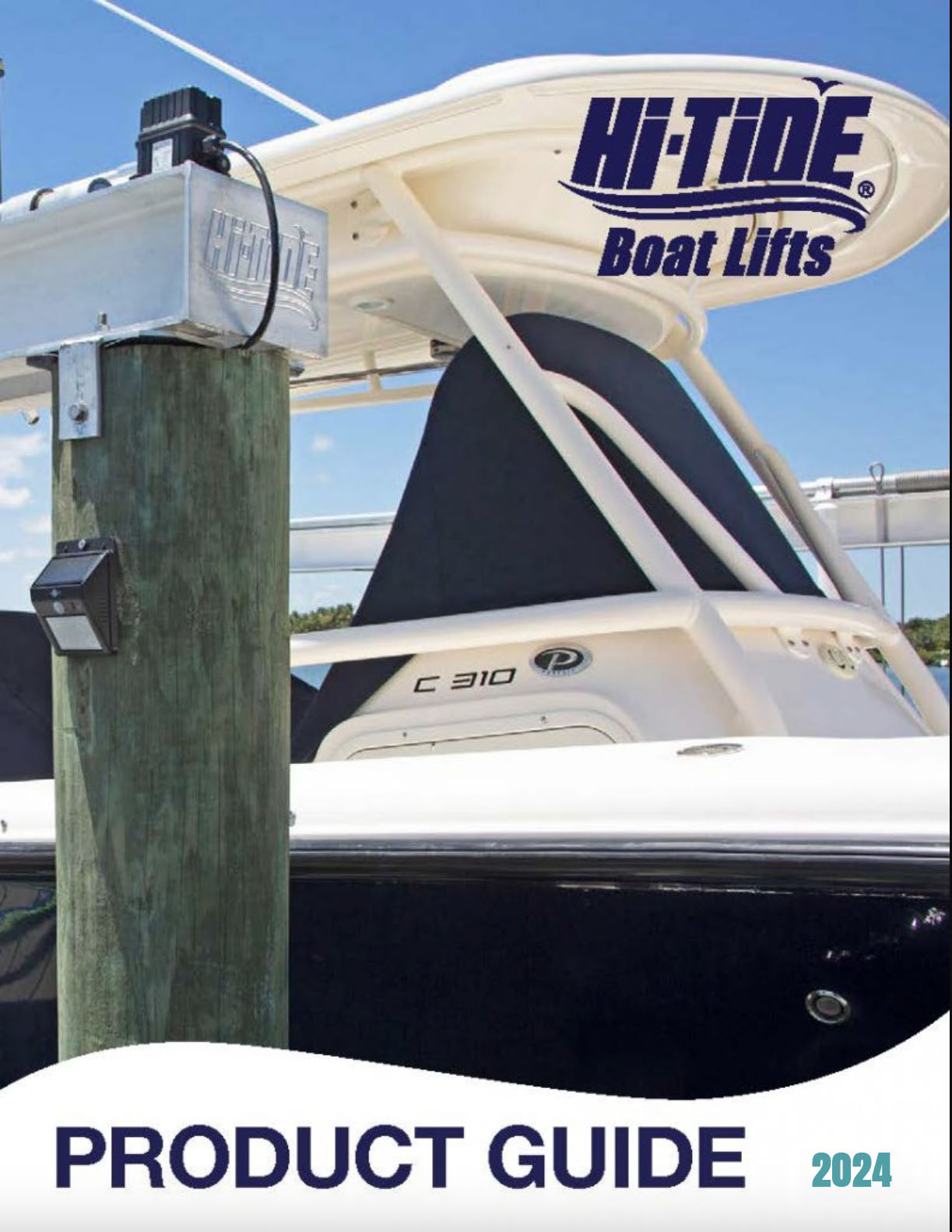
Even if you feel like you could navigate your favorite boating spot with your eyes closed and one arm tied behind your back, there’s still one thing that many boaters–even the experts–forget to brush up on: Florida boating laws. OK, now. Stop your yawning and sneering. Knowing your boating laws goes a long way in not only ensuring safety on your next excursion, but also being able to have a better time without the worry of breaking boating regulations.
Florida Boating Laws You Should Know
From expert boaters to relative newbies, everyone on the water should know:
- Speed Kills: Excessive wakes can be harmful to sea life and fellow boaters. Never create a hazardous wake, obey “minimum wake” and “slow” signs, and operate at the slowest speed possible in no-wake zones.
- Registration is Required: With the exceptions of canoes, kayaks, and other row-style boats, as well as non-motor-powered boats under 16 feet long, all vessels must be registered within 30 days of purchase. Registration, which is conducted through your local tax collector’s office, must be on board at all times.
- You Must Report Accidents: Like a car accident, it is illegal to leave the scene of a boating accident without first reporting it to the authorities. Additionally, you are responsible for administering as much aid as possible to those involved. If the accident involves injuries more serious than what a first-aid kit can handle or causes damages of $2,000 or higher, you must contact the sheriff’s office and the Florida Fish and Wildlife Conservation Commission as quickly as possible.
- Safety Devices Save Lives: U.S.-Coast-Guard-approved personal floatation devices (PFDs) are required to be on board–one for each person. Though not mandatory by law, it is highly encouraged that every passenger (and the operator) wear PFDs at all times. Children under six years of age must wear a PFD whenever the vessel is underway. Navigation lights are required to be turned on in low visibility conditions, as well as at nighttime.
This is just the tip of the iceberg when it comes to Florida boating laws and regulations, but luckily, there is an entire, easy-to-access guide full of helpful information like the above. Before hitting the water again, take a look at the Florida Fish and Wildlife Conservation Commission’s website. You just may learn a thing or two.

